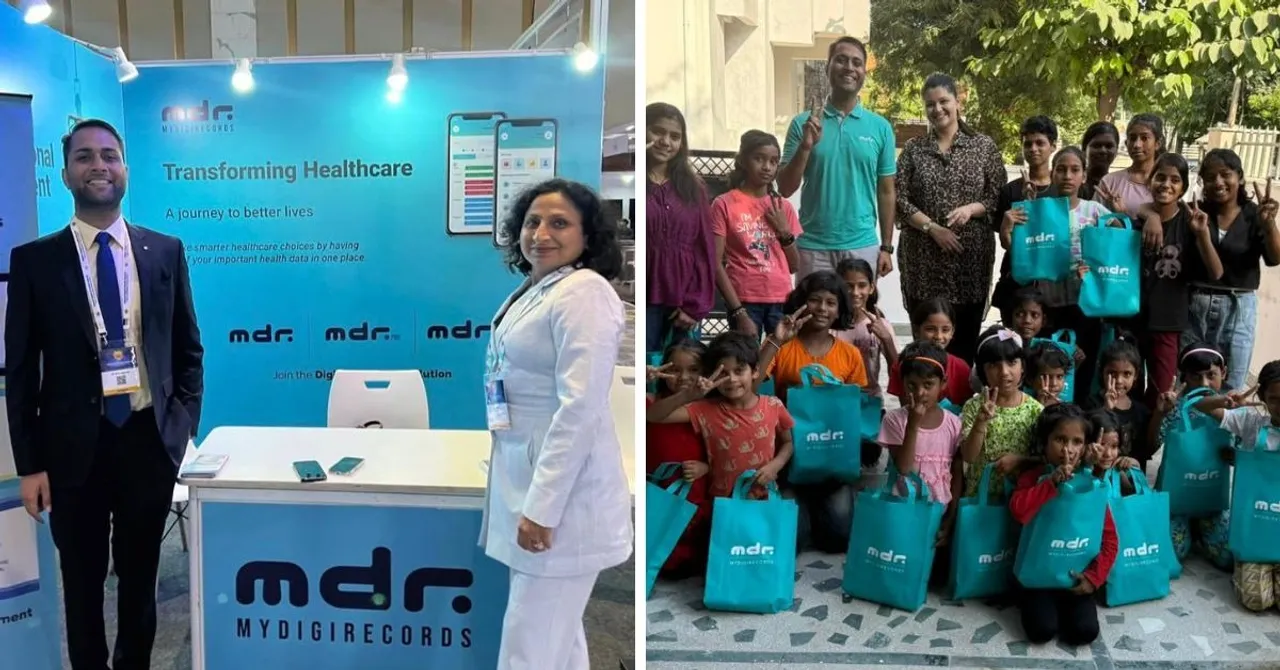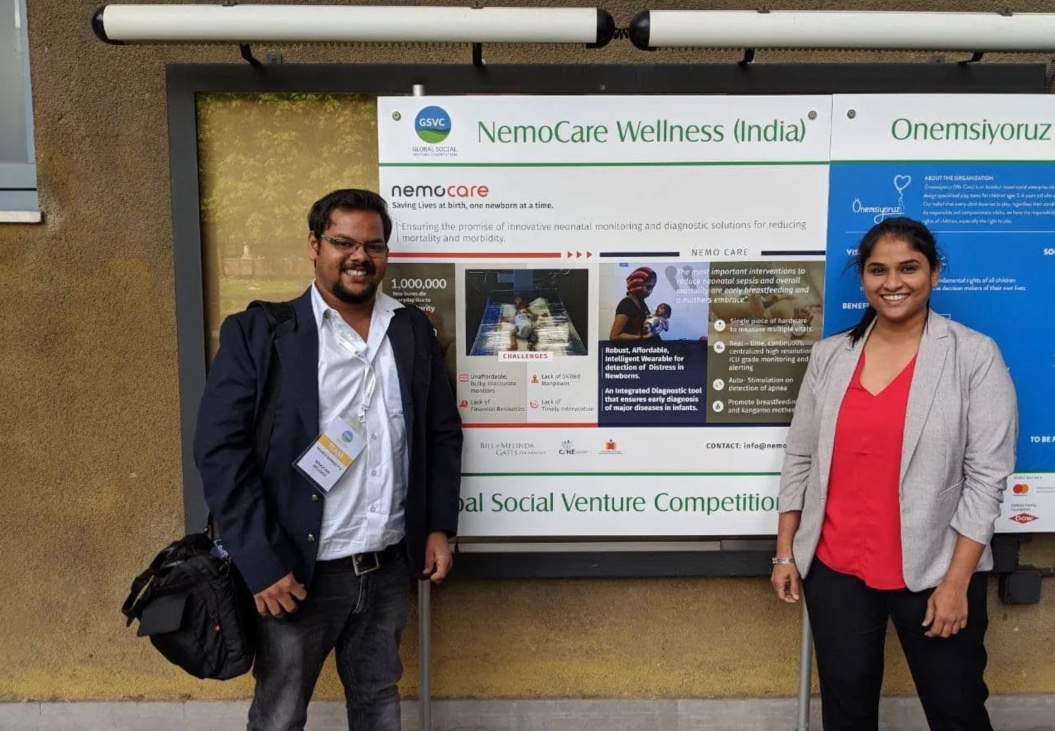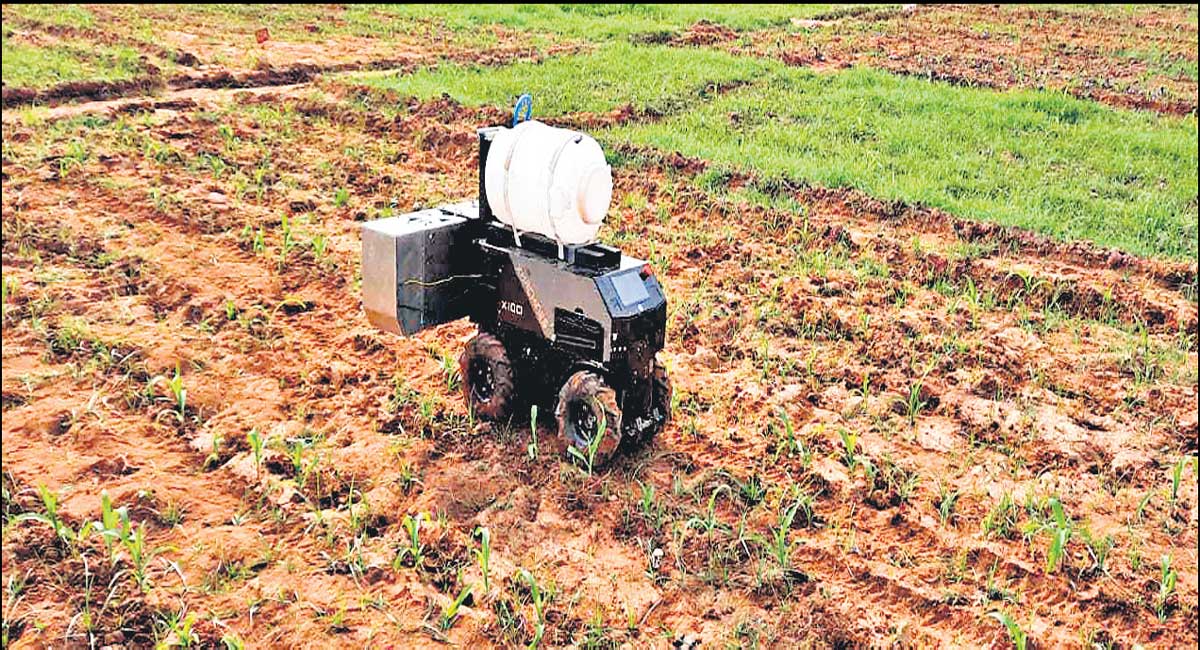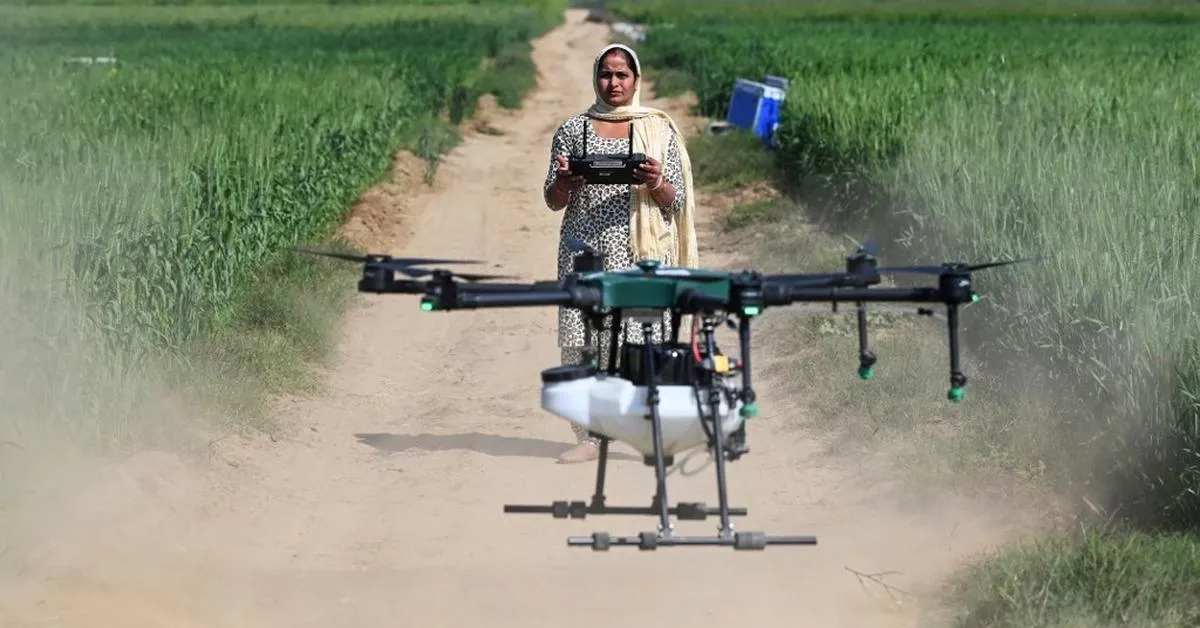AI in Higher Education Admissions: A Global Tapestry of Innovation and Policy
The rapid integration of artificial intelligence (AI) into university admissions is reshaping higher education worldwide. While platforms like Ambitio exemplify India’s unique approach, a comparative lens reveals a rich diversity of models, regulatory frameworks, and policy priorities across countries. From the algorithm-driven systems of the United States and Europe to India’s mission-oriented, flexible strategies, the global landscape offers valuable lessons for balancing innovation, equity, and governance in the pursuit of accessible education.
AI-Driven Admissions: Contrasting Models in the US, UK, and Germany
Globally, leading economies have adopted AI to streamline and personalize university admissions, each reflecting distinct policy imperatives. In the United States, platforms such as AdmitHub and the Common App leverage natural language processing and machine learning to guide applicants, automate document verification, and predict admission outcomes. The US regulatory environment, anchored by the Family Educational Rights and Privacy Act (FERPA) and state-level data protection laws, emphasizes both innovation and student privacy. For instance, FERPA mandates strict controls on student data usage, shaping how AI tools interact with sensitive information.
In the United Kingdom, the Universities and Colleges Admissions Service (UCAS) has piloted AI-based tools to help students select courses and forecast admission chances. The UK’s regulatory focus on transparency and fairness is evident in the Office for Students’ oversight, ensuring that AI does not reinforce existing inequalities. Germany’s Hochschulstart platform, meanwhile, uses AI to optimize seat allocation, particularly in high-demand medical and engineering courses. German policy stands out for its integration with national frameworks promoting equal access and support for international students—including a significant cohort from India.
India’s Distinctive Approach: Cross-Border Mobility and Policy Flexibility
Unlike Western platforms that typically operate within a single national context, Ambitio addresses the complex realities faced by Indian students navigating global admissions. Its AI-driven solutions integrate data from multiple international institutions, offering tailored guidance on diverse admission criteria, financial planning, and visa processes. This cross-border focus is especially relevant for India’s large and growing diaspora, who often encounter unique challenges in accessing global education.
India’s policy environment is characterized by a mission-driven, innovation-friendly ethos. The IndiaAI Mission, launched by the Ministry of Electronics and Information Technology (MeitY), prioritizes experimentation and scaling over rigid regulation. While countries like the US and UK have codified AI ethics and legal standards, India’s approach remains adaptive, with regulatory clarity emerging through initiatives such as the Digital Personal Data Protection (DPDP) Act, 2023. This flexibility encourages rapid development but also necessitates vigilant oversight to ensure equity and data security.
Lessons from International Best Practices: Governance, Equity, and Data Privacy
India’s evolving AI ecosystem stands to benefit from international best practices in governance and ethical deployment. The European Union’s General Data Protection Regulation (GDPR) and the UK’s AI ethics guidelines offer robust models for data privacy and algorithmic transparency. These frameworks mandate explainability in AI decision-making, regular audits for bias, and mechanisms for student recourse—principles increasingly relevant as Indian platforms scale.
At the same time, India’s socio-economic diversity demands context-specific adaptations. For example, while Germany’s Hochschulstart ensures equal access through centralized seat allocation, Indian platforms like Ambitio must address disparities in digital literacy and connectivity, especially in rural and Tier 2/3 cities. The National Digital Education Architecture (NDEAR) and Digital India initiatives are critical in bridging these divides, providing infrastructure for inclusive AI deployment.
Expert Perspectives: Indian Thought Leadership on AI in Education
Indian experts and institutions are at the forefront of shaping responsible AI in education. Dr. R. S. Sharma, former Chairperson of TRAI and AI policy advisor, asserts, “AI-powered admissions platforms are democratizing access to global education, particularly for students beyond metropolitan areas.” Prof. Anurag Kumar, Director of IIT Delhi, emphasizes the synergy between algorithmic precision and human mentorship, noting that “contextual understanding, delivered through alumni engagement, is essential for ethical and effective guidance.”
Research centers like the Centre for Responsible AI (CeRAI) at IIT Madras are actively developing frameworks for transparency, bias mitigation, and data privacy in educational AI tools. CeRAI’s recent publications advocate for regular impact assessments and stakeholder consultations, ensuring that AI solutions remain equitable and trustworthy.
Charting India’s Path Forward: Strategic Imperatives and Policy Recommendations
The global comparison underscores the imperative for India to synthesize international best practices with indigenous innovation. Policymakers are encouraged to:
– Strengthen regulatory clarity around AI ethics, data privacy, and algorithmic transparency, drawing from GDPR and FERPA models.
– Invest in digital infrastructure and literacy programs to ensure equitable access, especially in underserved regions.
– Foster public-private partnerships and open data initiatives to accelerate responsible AI adoption in education.
– Encourage ongoing dialogue between government, academia, and industry to refine governance frameworks as technology evolves.
As India’s AI-powered admissions platforms mature, their success will hinge on balancing rapid innovation with robust safeguards—ensuring that the promise of global education is accessible to all segments of Indian society.














